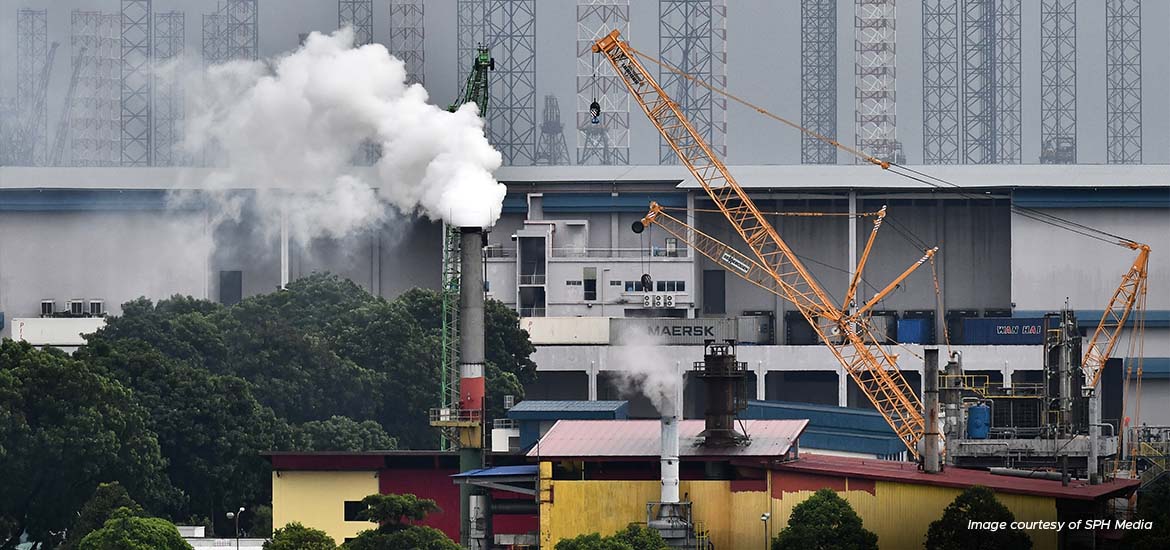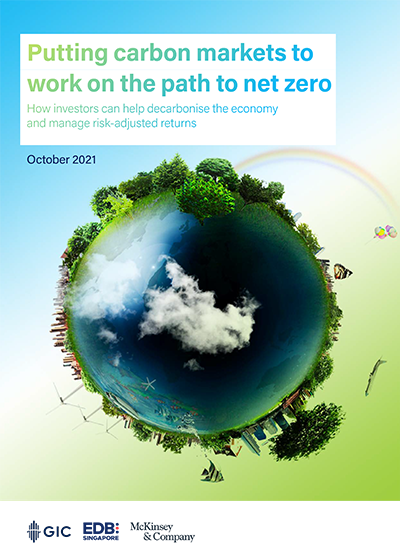For example, buyers may use the credits to claim they are tackling climate change, but they are not taking meaningful steps to reduce emissions themselves.
Mr Larsen said CIX recognises these concerns but that the firm conducts thorough vetting of all projects that are featured on its marketplace, sold at regular auctions or will be available for spot trading on the new exchange.
He said doubts about the market had hurt prices and buying interest, but the aim of the exchange is to help boost confidence.
"Many people have asked me: 'Why would you launch now?'" Mr Larsen said, referring to the spot exchange, especially since competitors such as AirCarbon Exchange already conduct spot trading in Singapore.
"I think that this is part of the contribution to making nature-based climate solutions credible again," he said.
A key to this is trying to establish a benchmark market price for nature-based offsets and to create liquidity through daily spot trading of the CNX contract and offsets from a total of 34 nature-based projects listed on the exchange.
"What we want to give is certainty of delivery, and we want to give certainty of execution. We've not come to market in a rush," he added.
"With our contract, if our (CNX) benchmark goes up, then the price for the other projects hopefully will go up as well. And that's what we're trying to create - a reliable benchmark, and there isn't such a thing today."
CNX aims to establish a benchmark price for credits issued between 2019 and 2022.
Mr Larsen said the plan is to keep expanding the types of spot trading contracts on the exchange and eventually lay the groundwork for futures contracts.
If the exchange is successful, he said it would show that Singapore, despite its size, can create global market liquidity for carbon spot trading.
"And hopefully that will be another cornerstone ensuring Singapore can be a carbon market, not just for Singapore but... for other countries as well."
CIX is jointly owned by DBS, Singapore Exchange (SGX Group), Standard Chartered and Temasek’s green investment company GenZero.
Source: The Straits Times © SPH Media Limited. Permission required for reproduction.








